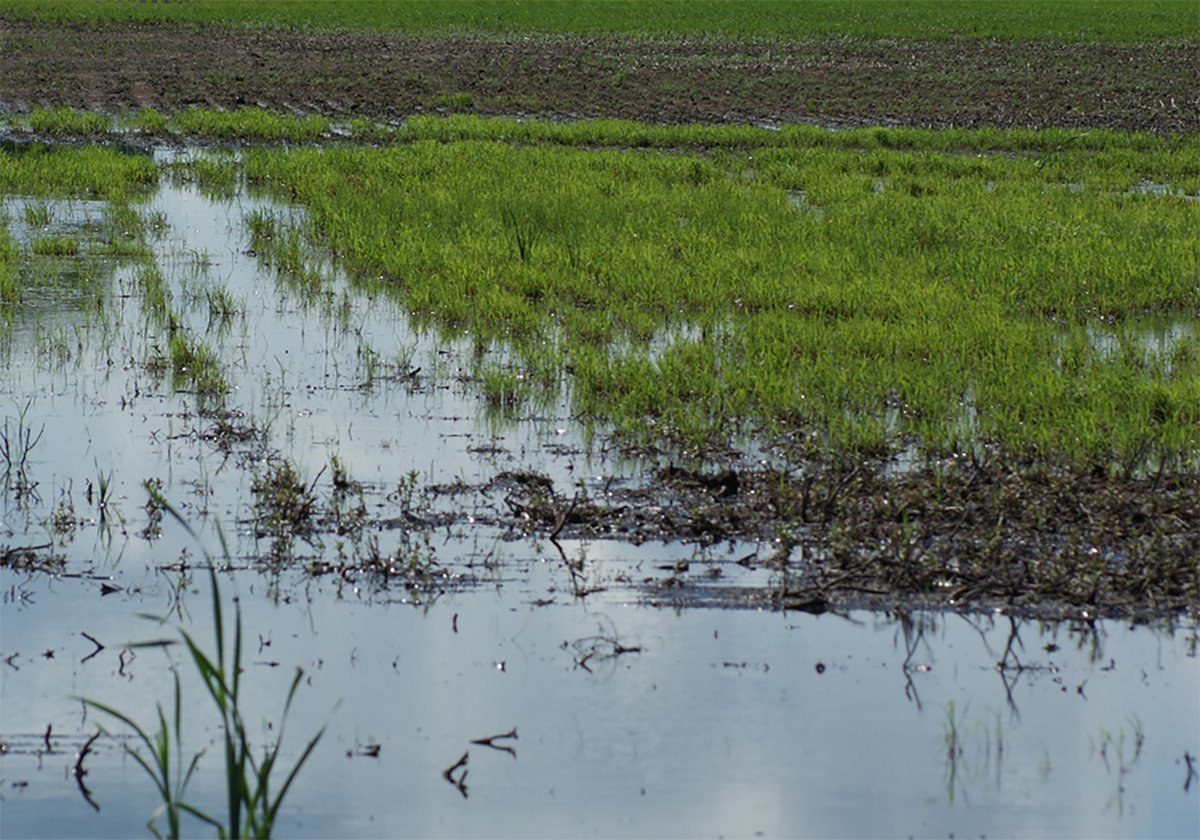A lot of farmers find it tough enough just trying to make money marketing the big crops like wheat, canola and barley.
But selling those crops is a piece of cake compared to trying to grow, store and market the bizarre little micro-acreage crops that some gutsy farmers embrace. That includes hemp, a crop that has so many challenges to both production and marketing that you’d think that someone would have to be crazy to try to make money growing it.
For one thing, even though the U.S. government allows hemp fibre, oil and the grain to be imported, there are always forces in the U.S. threatening to shut borders to Canadian crops, and hemp’s connection to marijuana plants could always provide an easy pretext to pull a border shutting act.
Read Also

Topsy-turvy precipitation this year challenges crop predictions
Rainfall can vary dramatically over a short distance. Precipitation maps can’t catch all the deviations, but they do provide a broad perspective.
It also has the problem of being a tiny acreage crop, so there is no large funding base for variety research and development. The crop, because of its super-tough fibrous stem, is hard to combine.
And because it grows on such a tiny acreage compared to other crops, producers who want any assurance that they will be able to sell the crop need to contract it before seeding it.
These are the kinds of challenges that put some producers off growing crops such as flax, but flax, which seems tiny compared to canola and wheat, is a giant compared to hemp.
So why does anyone grow it? Why not just grow wheat, canola and barley and dump it all at the elevator and forget about contracts and production problems and market access issues?
After covering hemp conferences for more than a decade now – I was at one in Winnipeg yesterday – I’ve concluded that it isn’t because of mega-bucks being made by the growers, but because these are the kind of growers who actively want a challenge, don’t see the challenges as a problem, and want to be intimately involved in marketing and market development. They don’t want to just sell into a market, they want to be part of building it from almost nothing.
Everyone at these hemp conferences seems eternally optimistic. They’re also very realistic about the problems and challenges they face and don’t gloss over them. But these things, which would dismay many, don’t seem to challenge the kinds of people who chose to grow hemp.
It’s very much a life of marketing at the edge, and building edge markets. I get the sense that if hemp ever became a big mainstream crop like wheat and canola, which everyone grows, these growers would grow bored and move on to something else.
If they do manage to build a big and profitable market for hemp, and other prairie farmers can jump aboard and make money, then everyone will owe them a debt of gratitude.
Until then it’s nice to watch a group of farmers that is out busily and fearlessly pioneering a new market.















